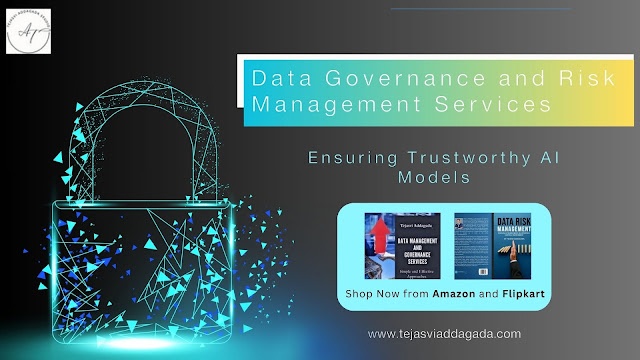Understanding the Role of Data in Shaping Corporate Governance in the Digital Economy- Tejasvi Addagada

In today's digital economy, data has become a pivotal asset, influencing every facet of business operations. The integration of data into corporate governance structures is not just beneficial but essential for organizations aiming to thrive in a competitive landscape. Effective Corporate Data Governance ensures that data is managed responsibly, securely, and in alignment with organizational goals. What Role Does Data Play in Corporate Governance in the Digital Economy? Data serves as the backbone of informed decision-making in corporate governance. It enables organizations to: Enhance Transparency : Accurate data reporting fosters trust among stakeholders. Ensure Compliance : Adherence to regulations like GDPR and HIPAA is facilitated through proper data management. Drive Strategic Decisions : Data analytics provide insights that guide long-term planning. Mitigate Risks : Identifying potential issues through data trends allows for proactive measures. Incorporating a robust data g...





